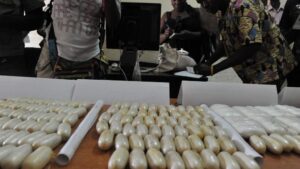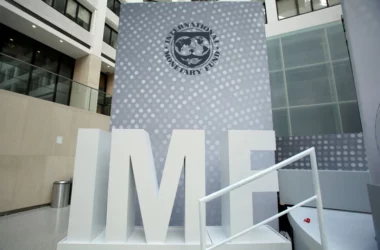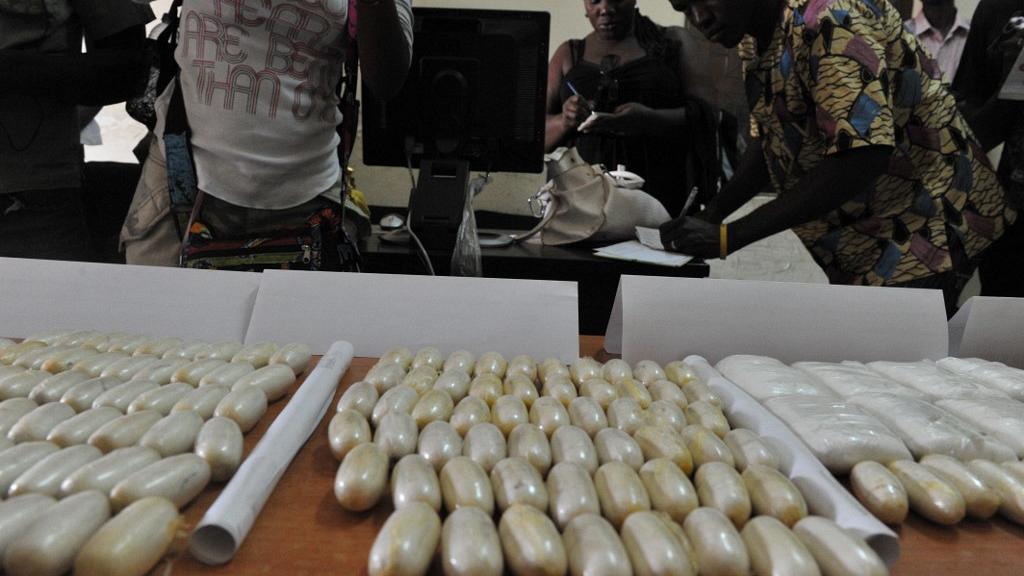
The Gambia government’s resolve to fight transnational drugs trafficking continues to be tested by the Laura Food Company’s cocaine case; investigations into which have now reached a dead end.
In 2019, labourers offloading a container of sugar shipment at Laura Food Company’s Picton Street warehouse in Banjul bumped into several quantities of cocaine concealed in the sugar bags.
The reported 48 pellets of cocaine found in the shipment were later seized by the anti-narcotics agency.
One of the company’s shareholders; a Gambian of Lebanese origin, was immediately arrested whilst his partner left the country ostensibly for vacation.
However, the mystery surrounding the Laura Food Company’s cocaine case could not still be unravelled three years on, leaving many of those following the case more frustrated and suspicious.
“I believe this matter should have been resolved by now had the government been keen on getting to the bottom of it,” said an interlocutor.
In an earlier interview with this reporter, a senior DLEAG official hinted that since the Laura Food Company’s cocaine seizure is a transnational issue, it may take time to investigate, build a strong case and secure a conviction.
The Gambia government earlier last year said it was investigating the issue but some were sceptical.
“Our prisons and detention centres are overflowing with young Gambians for the petty crime of being found in possession of insignificant quantities of Cannabis whilst the cocaine barons seem to enjoy protection, “quipped an activist.
Meanwhile aside the almost daily updates on Cannabis seizures, updates on cocaine seizures are a rarity in the Gambia despite the country being a favoured destination for transit of cocaine.
West Africa is a hub for transit of Europe-bound Latin America drugs.
Corruption and weak judicial systems have been fuelling the trade which constitutes some of the dynamics for the sub-region’s instability.












